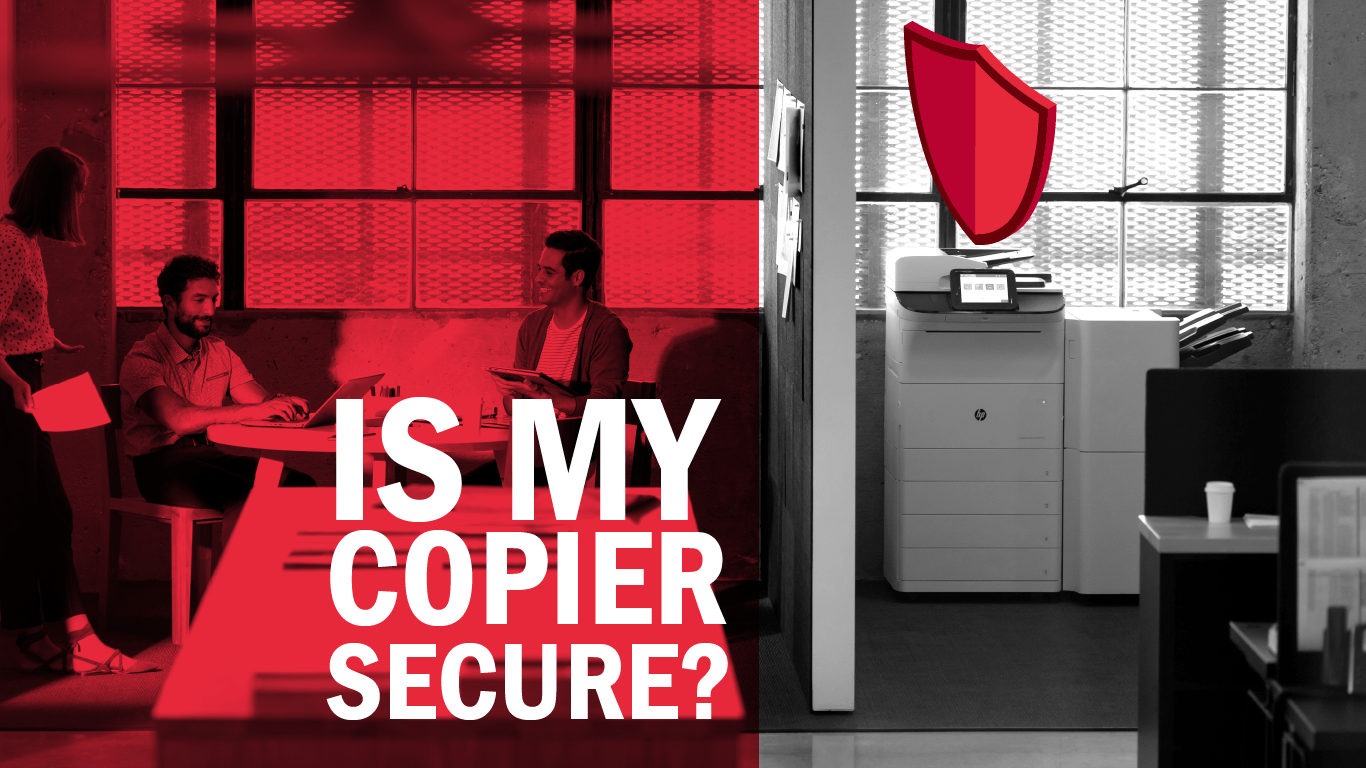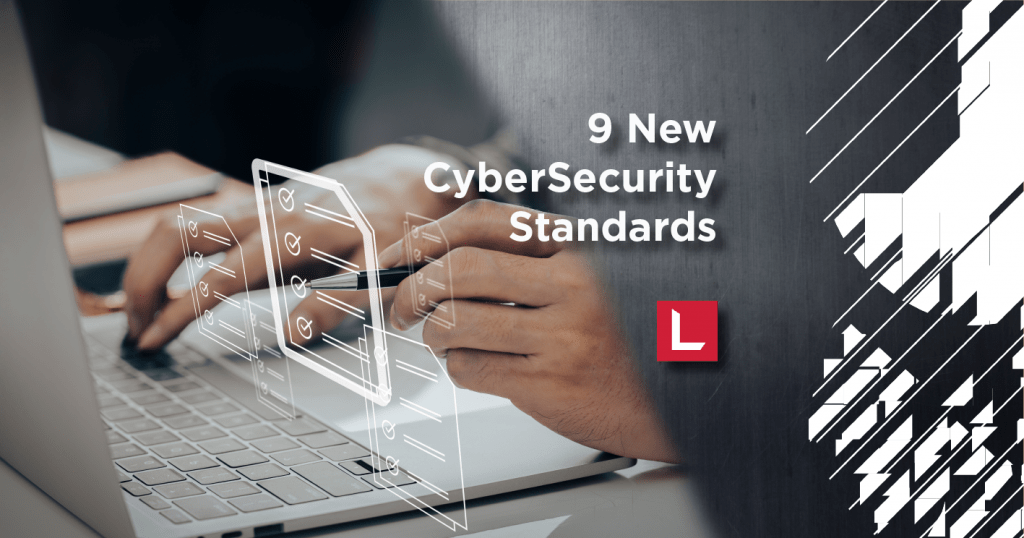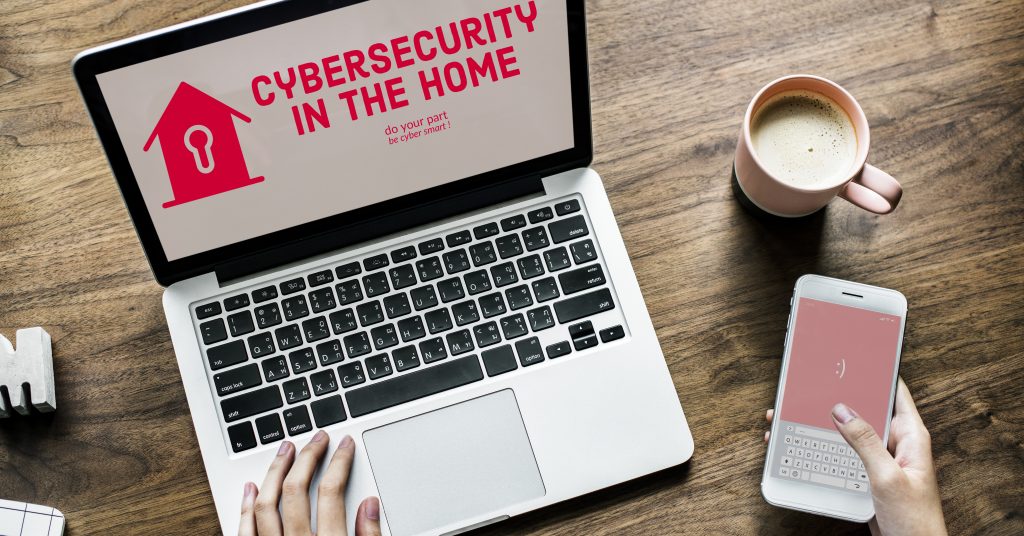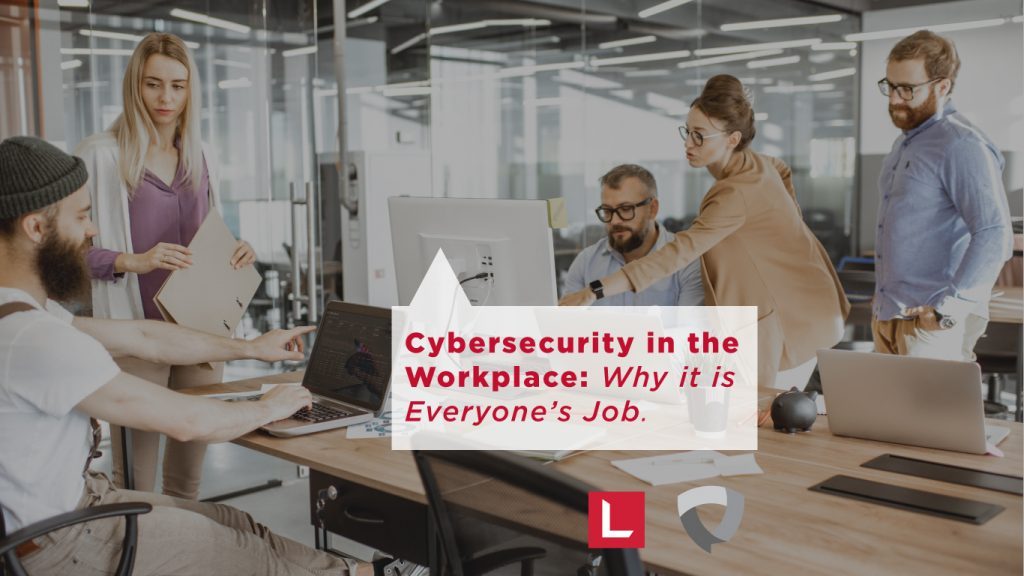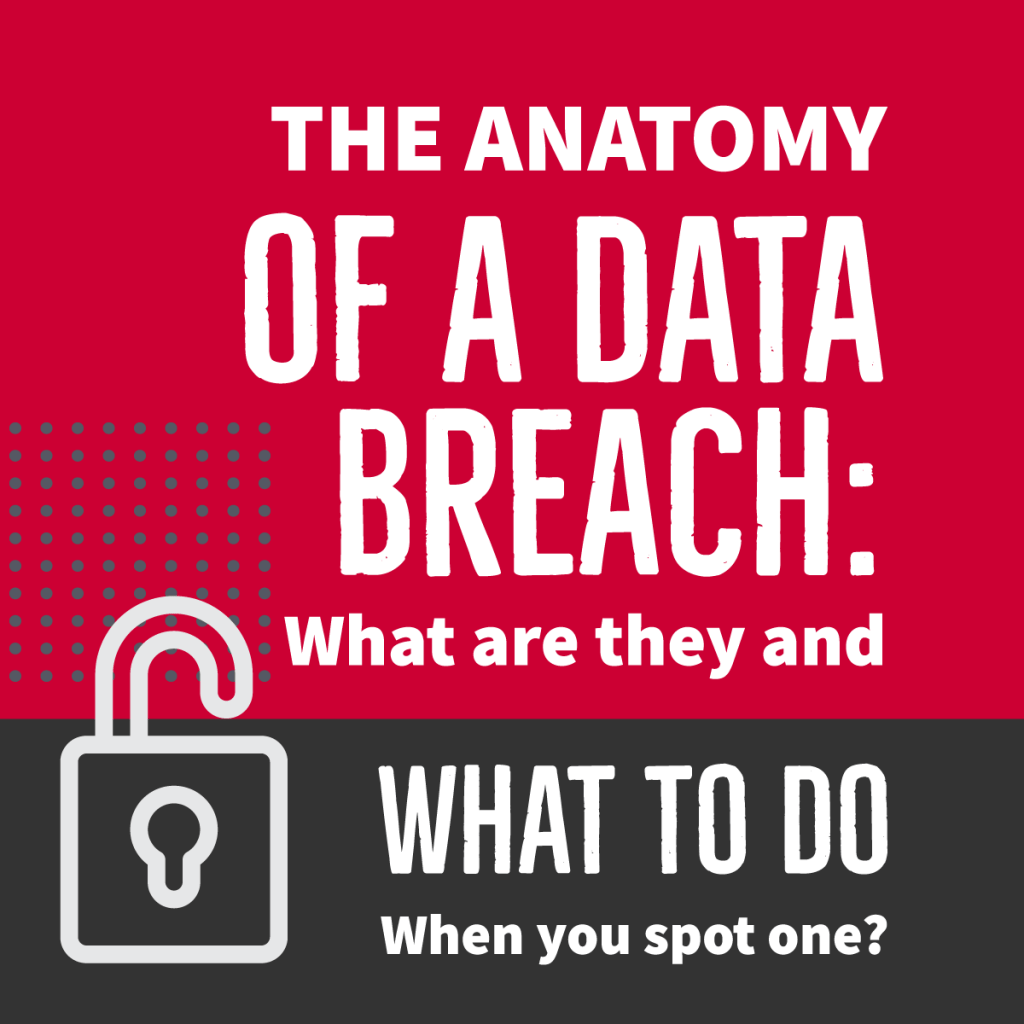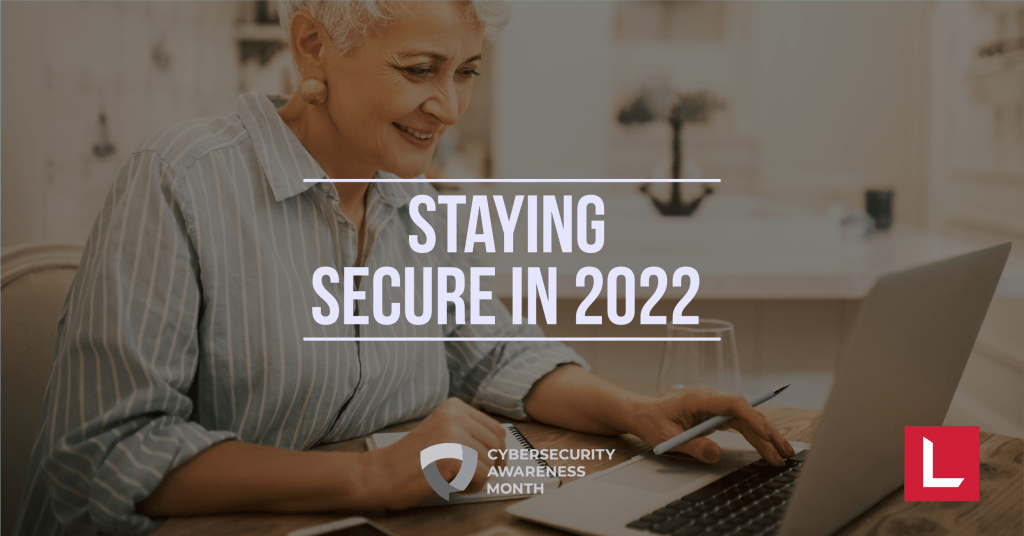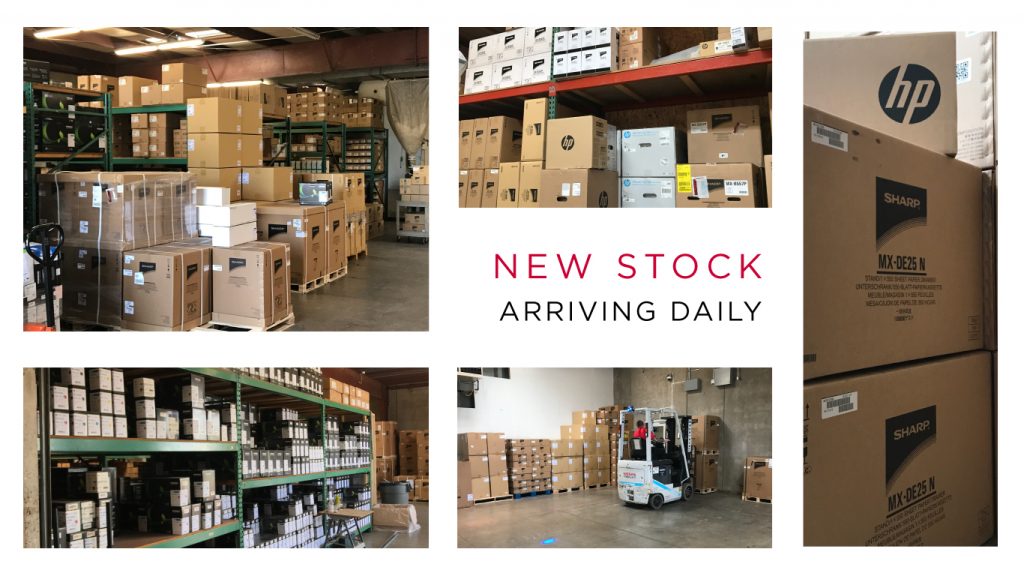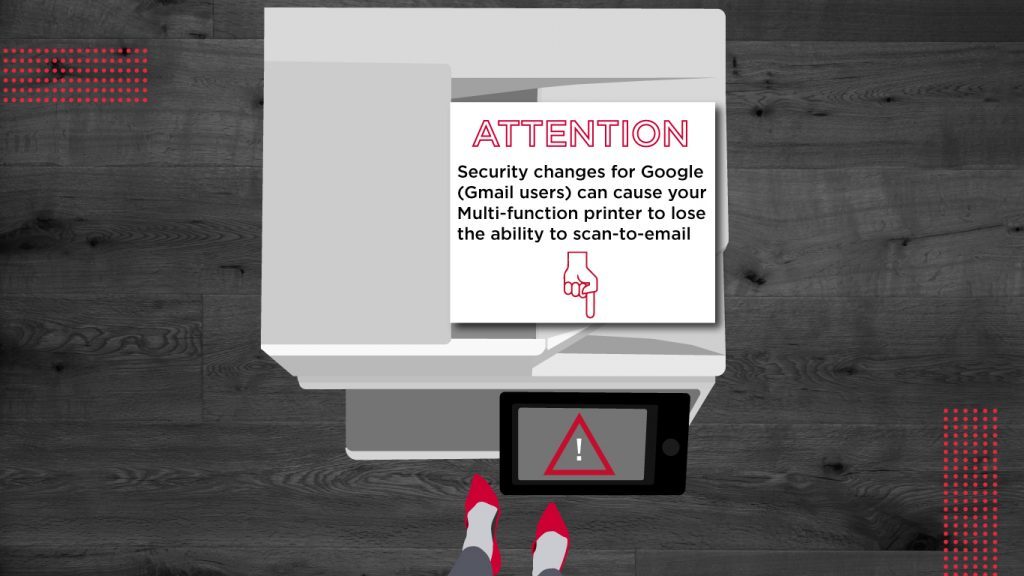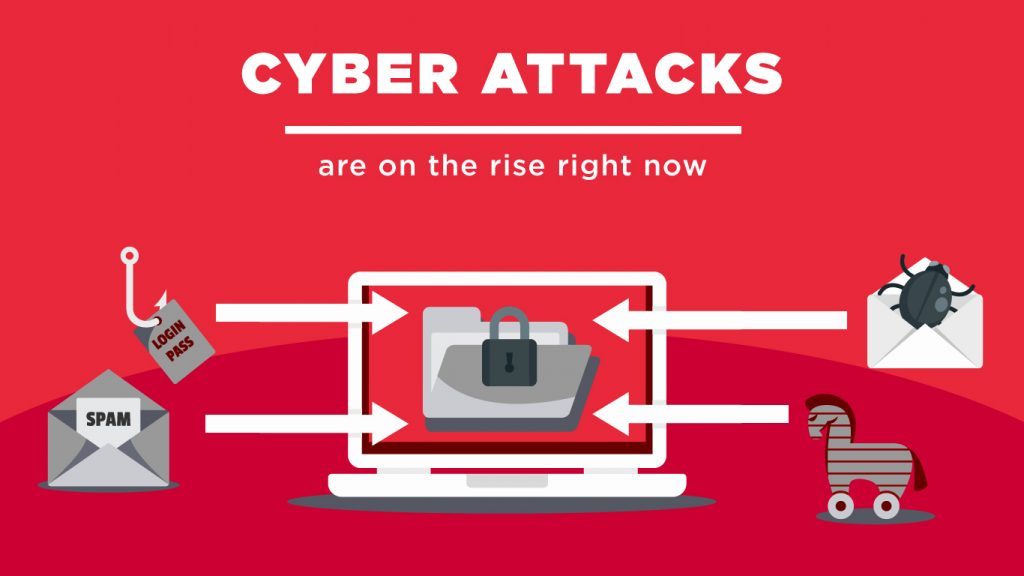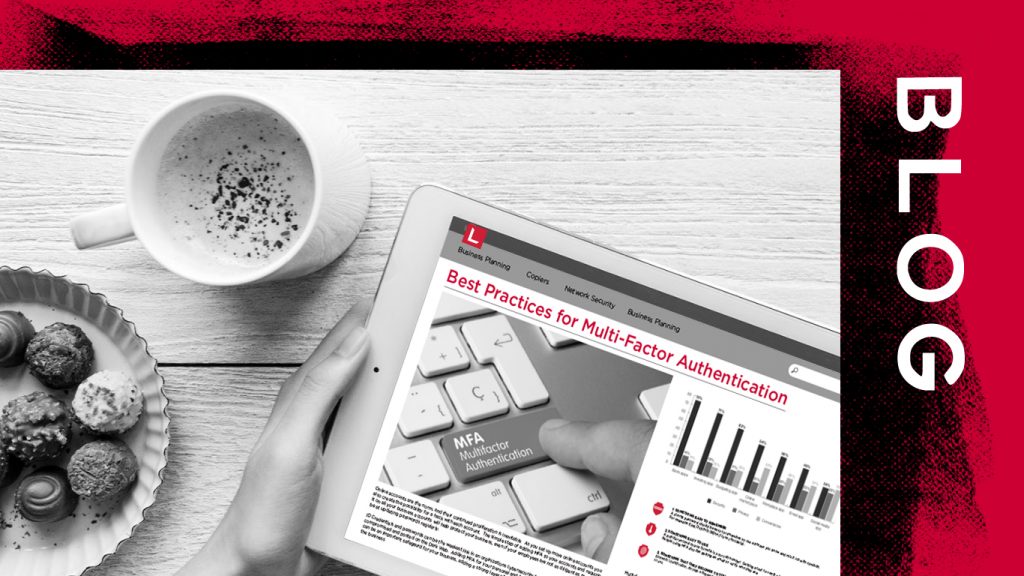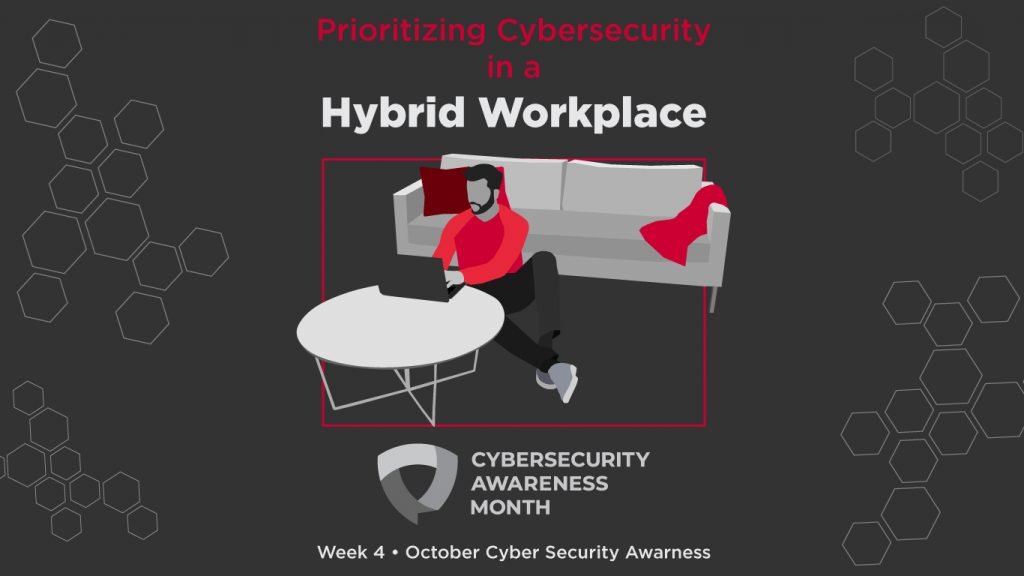Assessing the risk
A modern copy machine is a multifunction, networked device with a sleek digital interface that fulfills several crucial functions for your business operations. It copies, prints, scans, emails and faxes documents for your business and clients, including those containing sensitive information. It is just this type of information that hackers could exploit, if given access. If your copy machine isn’t secured, it could put your business and clients at risk.
Your copier can perform so many functions because, like a computer, it has a hard drive. Once your document is sent or scanned to the copier, the copy machine creates a digital file of your print job. If you haven’t secured your copier, there could be thousands of vulnerable documents containing sensitive information data thieves would love to have.
Data security at the source
The hard drive is only a risk if it can be read. Thankfully, the copy machines provided by Les Olson Company are configured so they don’t allow information to be retrieved after a copy is made. Although the copy machine creates a digital file of your print job, the file is immediately erased after it is complete. There is no way for you — or a potential security threat — to pull digital files of past printing, copying, email or faxing jobs.
Even if someone were to physically steal your copier’s hard drive, it wouldn’t do them much good. That’s because each hard drive is paired to a specific machine. The files are encrypted with this machine, and this machine only, to prevent any information from being recovered if a hard-drive theft occurs. The hard drive is not compatible with any other copy machine, including an exact replica of the machine it was removed from.
Special considerations when retiring your copier
In addition to immediately erasing print jobs and encrypting the hard drive paired to a specific machine, Les Olson Company also protects your data when your machine becomes obsolete. When a copy machine is retired, Les Olson Company wipes the hard drive using a process approved by the Department of Defense. This process overwrites the data seven times and is so thorough that many hard drives don’t survive the wipe.
During this seven-wipe process, every digital file on the hard drive is overwritten with zeros and ones seven times. Finally, the wiped hard drives are subjected to one final process, drilling holes in the hard drive to render your old hard drive and the data it once contained unusable.
What else can you do to secure your copy machine?
Purchase a security kit:
When your business deals with high volumes of sensitive information, you can guarantee the security of your copy machine by purchasing a separate data security kit. These types of kits are available to provide varying levels of security, ranging from a single overwrite of every deleted file to a seven-wipe overwrite of every file.
Secure your port:
You can also consult with LOC about securing the port leading into the copy machine to make sure no unauthorized users can access the machine.
Check for operating system vulnerabilities:
Modern copy machines have operating systems that technically could become vulnerable to hackers if they gain entry to your network. These operating systems are largely proprietary, however, making them unlikely targets for exploitation. Even so, it is a good idea to check for known vulnerabilities on the National Vulnerability Database, a service provided by the Department of Commerce’s National Institute of Standards and Technology.
Consider your copier’s physical access:
Many businesses locate their copy machine in a separate room, however to reduce the risk of document theft, consider placing your copy machine in a high traffic area. The more eyes are on the machine, the less likely it is that someone will be able to steal your documents or information unnoticed. However, if there are departments that handle more sensitive information, consider putting these copy machines in a location with limited access, and further protect the machine’s documents by requiring a passcode for authorized users only.
Update your passwords:
This may seem obvious, but it bears mentioning. When you first set up your copy machine, be sure to update all passwords from their default settings. For instance, copiers that have a web interface for configuration or access to stored addresses will have this interface password-protected. Find these passwords and change them when you first get the machine and periodically as you continue to use it.
Copiers are vulnerable, but Les Olson Company is prepared to combat that. Contact us today so we can help protect your business against cyber attacks.[/cz_title][cz_gap height=”30px” id=”cz_62034″]
10 TIPS FOR
CHOOSING THE
BEST COPIER
VENDOR
[/cz_title][cz_social_icons fx=”cz_social_fx_10″ id=”cz_35402″ social=”%5B%7B%22icon%22%3A%22fa%20fa-play-circle%22%2C%22title%22%3A%22Watch%22%2C%22link%22%3A%22%2Finfo%2Fchoosing-best-copier-vendor%2F%22%7D%5D” sk_icons=”font-size:50px;color:#ba0230;” sk_con=”padding-top:0px;padding-bottom:0px;margin-top:0px;margin-bottom:0px;”][/cz_content_box][cz_gap height=”30px” id=”cz_62034″]
GET THE
GOOD COPIER
VENDOR
CHECKLIST
[/cz_title][cz_social_icons position=”tar” fx=”cz_social_fx_10″ id=”cz_37197″ social=”%5B%7B%22icon%22%3A%22fa%20fa-arrow-circle-down%22%2C%22title%22%3A%22Download%22%2C%22link%22%3A%22%2Fwp-content%2Fuploads%2F2019%2F04%2FGood-Copier-Vendor-Checklist.pdf%22%7D%5D” sk_icons=”font-size:50px;color:#ba0230;” sk_con=”padding-top:0px;padding-bottom:0px;margin-top:0px;margin-bottom:0px;”][/cz_content_box][cz_gap height=”30px” id=”cz_20875″]


